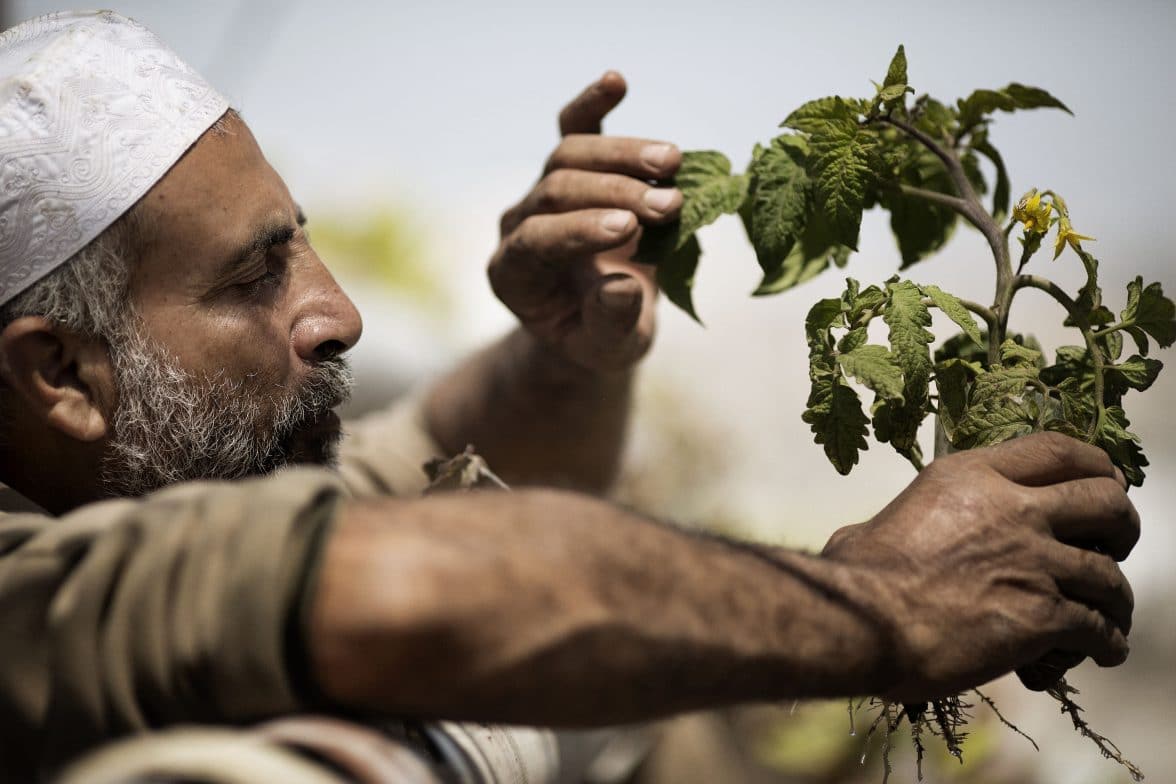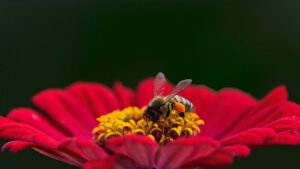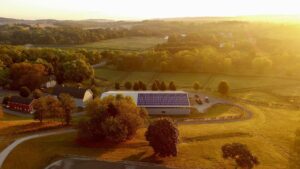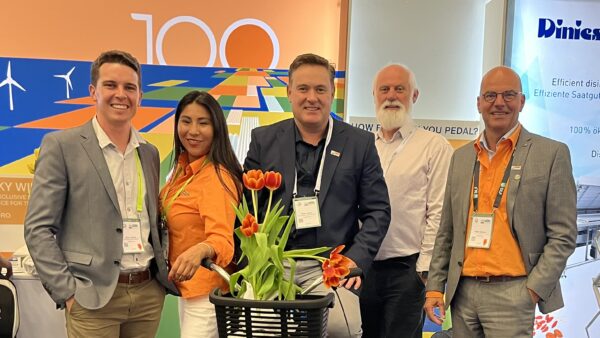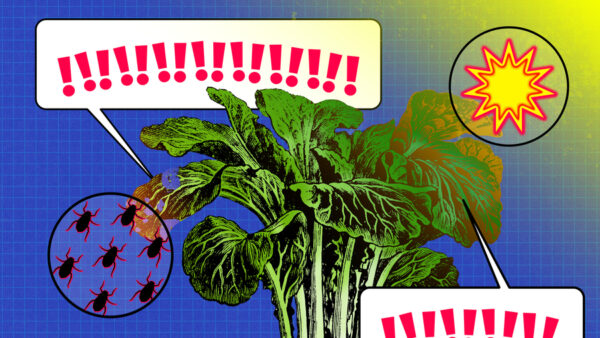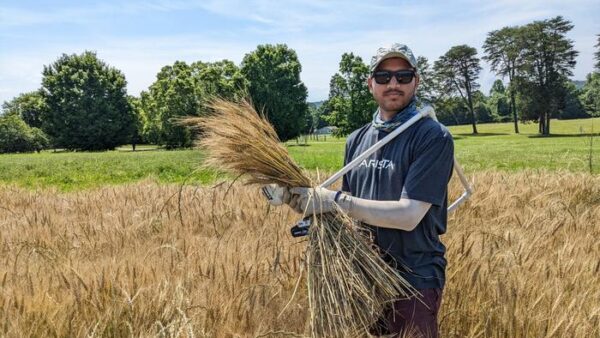FAO is further developing a monitoring, early-warning and risk-mapping system to help farmers manage an invasive species in Africa, and roll out solar energy projects for farmers in Gaza, as part of innovative projects awarded funding by the Government of Belgium.
Thanks to an initiative sponsored by Deputy Prime Minister and Minister for Development Cooperation Alexander De Croo in line with the Belgium Humanitarian Aid Strategy – geared to promote innovation – FAO was granted two million euros to broaden its fight against Fall Armyworm in Africa and restore agricultural productive activity in Gaza.
“At a time of rising hunger, when bridges between humanitarian and development assistance are needed, innovation is crucial, especially when threats to food security are complex and multiform,” said Dominique Burgeon, FAO’s Director of Emergencies and Resilience Strategic Programme Leader.
“Innovation in this sense needs to be both relevant to specific contexts and scalable,” Burgeon added. “We welcome the challenge from Belgium to pioneer innovations, which for us is an opportunity to find viable solutions.”
UNICEF and the World Food Programme also received funding in the first round of the new initiative from Belgium, to promote international development.
Pest control
The recent arrival of Fall Armyworm (FAW) in sub-Saharan Africa has put maize harvests, especially those of smallholders, at grave risk. FAO is developing and coordinating the implementation of two new tools: the Fall Armyworm Monitoring and Early Warning System (FAMEWS) and the Fall Armyworm Risk-Map.
FAO has recently deployed a mobile application for use by farmers, communities and agriculture extension agents when they check fields and pheromone traps for FAW. The collected data help monitor FAW population levels and movements.
FAMEWS consists of a global platform, incorporating information from the app, and innovative technologies such as artificial intelligence to help farmers better identify FAW.
In addition to FAMEWS, FAO is developing a risk-mapping tool. This tool incorporates diverse socio-economic and agro-ecological data so that responders can visualise where the underlying risk of household food insecurity due to FAW is highest. The tool consists of a number of layers allowing users to disaggregate risk into its constituent parts. By highlighting potential “hotspots”, the tool is intended to assist decision-makers in prioritising and preparing for early action in targeted areas.
Combining FAMEWS with the different layers of the risk-mapping tool will empower Governments and their development and humanitarian partners to target different kinds of interventions in specific geographical areas and within optimal timeframes. The new project will provide a much-needed boost to the development, updating, interlinking and rollout of FAMEWS and the risk-mapping tool across Africa.
The project aims to show the usefulness of combining two innovative tools to fight a common pest on an Africa-wide scale. It may serve as a model for confronting a wide range of transboundary plant and animal pests and diseases, paving the way for new approaches to assessing and mitigating food-security risks around the continent.
Renewable energy in Gaza
In Gaza, the project will set up solar energy facilities that will address critical shortages of electricity. Currently, farmers in the Gaza Strip only receive electricity for about four hours a day, a situation that is likely to deteriorate further, limiting agricultural production and subsequently food security and livelihoods of an already vulnerable population.
Solar energy facilities will be set up in the Gaza Strip to enable better crop production through efficient irrigation while dairy and poultry farmers will be supported with solar energy units that will help maintain normal levels of egg, meat and milk production, building resilience among local farmers.
Beneficiaries are also set to receive technical capacity building and trainings on irrigation management and solar panel management, ensuring sustainability and continuity of project gains. The initiative contributes to the Palestinian Solar Initiative, which aims to meet 30 percent of energy demands from renewable sources by 2020 as well as to the sustainable development goal of ensuring access to clean, affordable and reliable energy for all.


